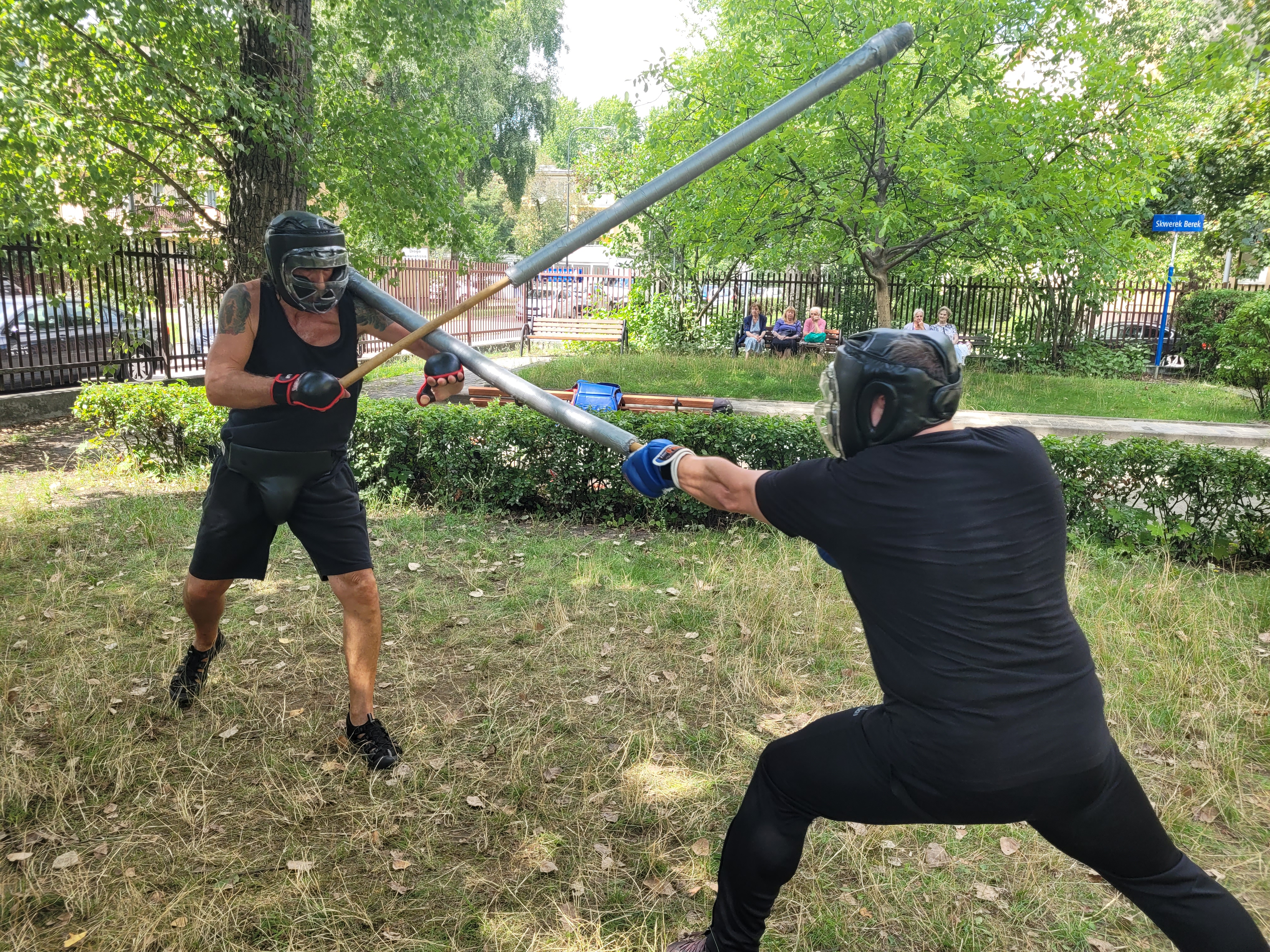Notes on chinese martial arts. Part 2
This was part of disscussion in one of Facebook groups. Planned to make a proper article based on those notes, but it would take quite a work, so finally decided to publish it in original form.
You can touch hands with someone, and be impressed, feeling something unusual. But then, will this person will be able to exhibit what you expect under conditions of actual violent fight?
Now, Wang Xiangzhai's thinking, especially in later years, when he called himself "Contradictions Old Man", was based on dialectic philosophy. In situation of contradictions creating some balance, which creates next level of contradictions and so on. Relating it to developing fighting abilities and skills: when you start, any opponnent can destroy your "balance", hitting you, projecting, throwing etc. You develop some basics, and it turns out that you can deal with some opponents easily, maintaining your "balance", but still there are some who are able to destroy this "balance". Then you still develop your skill, and those are not able to destroy your "balance" anymore, but still there are some who can do it. You become really great and can deal easily with almost anyone, but still there might be someone better destroying your "balance" or even someone at the same or lower skill level can destroy your "balance". The ideal can be maintained only in basic practice, in staged demonstration or friendly exchange or when your advantage over your opponent is very big. Otherwise it doesn't matter if you are a master of hunyuan li, your hunyuan li (your "balance") will be destroyed anyway. They say in China: "behind heaven there is next heaven".
Exactly like a boxer performs beautifully when his opponent is much worse, and it becomes ugly, when there is not such big difference in skill. The same with wrestler - performing incredible skill when there is a big skill difference, but looking rather clumsy when there is not such difference or skill is similiar.
Why people expect that with yiquan or taijiquan it could be different?
Martial arts created for smaller and weaker to be able to defeat bigger and stronger? Well, but what if the bigger and stronger also learn them? Do martial arts include some magic, which gives special bonus only to those smaller and weaker? Training martial arts will increase your fighting abilities, but will not change you miraculously into some invicible deity.
Also hunyuan li is not a magic power. It's not like you don't have it, and then suddenly you get it and you can use it. No, hunyuan li is a concept of balance, balanced strength, which is to be developed and gradually improved on higher and higher levels, not something you get at some point and then just use it. Balanced strenght in all directions is some basic definition of hunyuan li in yiquan. People usually talk about developing hunyuan li by practicing zhan zhuang, then testing it through shi li, and then using it. But according to what my teacher teaches, and what is consistent with Wang Xiangzhai's philosophy, there is some kind of misunderstanding here. You can have balanced strength under easy circumstances, but you are losing it under more demanding conditions.
So you also use tui shou and then san shou to work on developing and improving hunyuan li - trying again to develop and maintain "balance"/balanced strength/hunyuan li gradually under more and more demanding conditions. You need to test your present abilities under such conditions (be it tui shou and then san shou), to be able to see and understand insufficiencies, so you know on what you need to work. You don't really realize this without this kind of testing. You might feel satisfied with what you perceive, you might think that if just practice this long enough, it will become ingrained enough to be exhibited during fight, but this is kind of illusion - when it comes to fight you lose it. You might think that it will just need some more basic practice to make it ingrained deeper, but it will not happen, because there is not enough of testing to notice and understand the problems so you could improve your basic training in right way. This is also about understanding basic training better. The progress is not just linear, but it is like spirals, coming back to the same basic things, but with better understanding, due to more advanced practice and testing, then improved basics help you to perform better in tests, where you get new experience and knowledge, which again gives you deeper understanding of basics.
Will continue.




Comments
Post a Comment